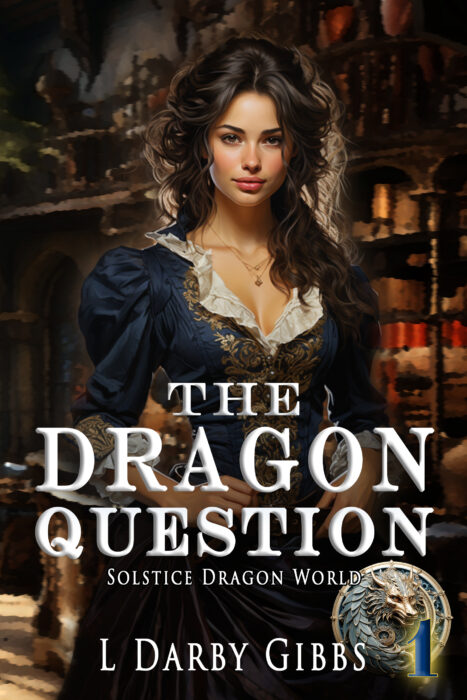A few days ago I went to a band camp concert. My daughter was one of the players. As I sat there listening to the rising and falling notes, flutes coming in as clarinets drop away, background drums rolling in crescendo and tubas filling the brief spaces in between, my heart racing and relaxing with…
Tag: Writing software
Not just plants are regional: words, too. I moved all over the place when I was a kid, and I collected words and differences in pronunciation of words like most kids collected bubble gum trading cards. Milkshake, cabinet, frappe Even though these words reference the same thing, each brings a different feel to the image….
